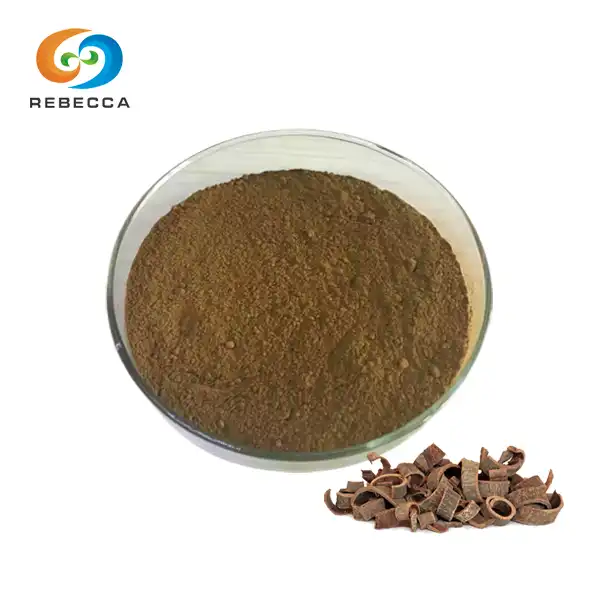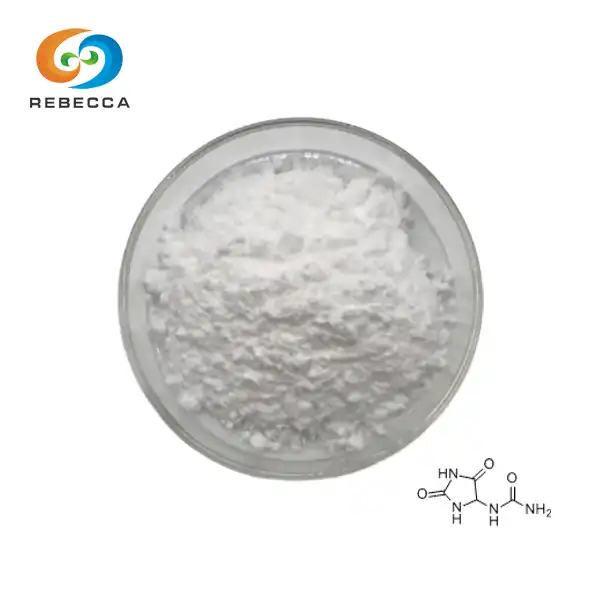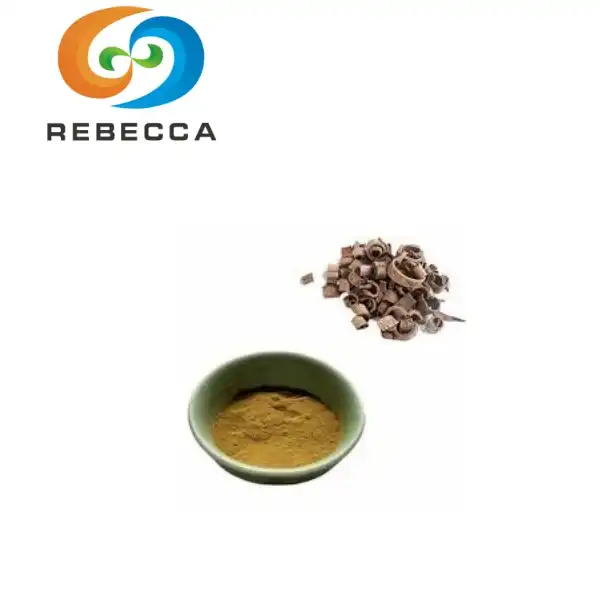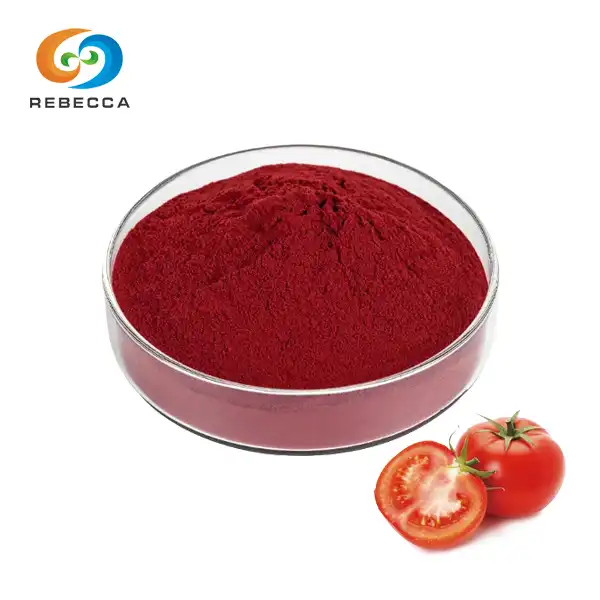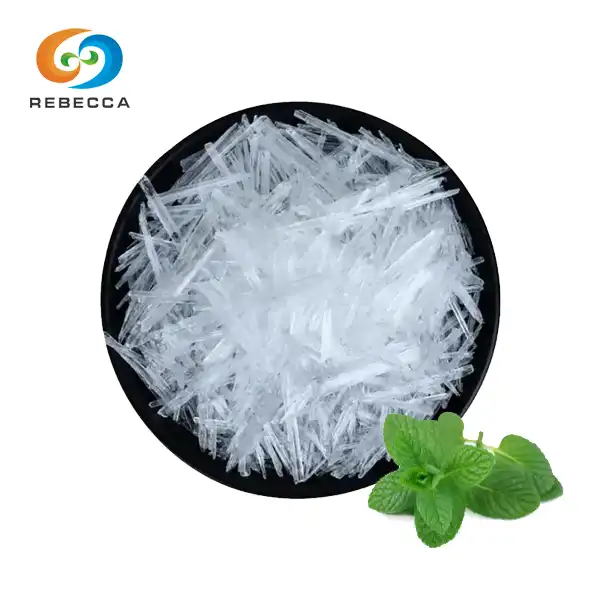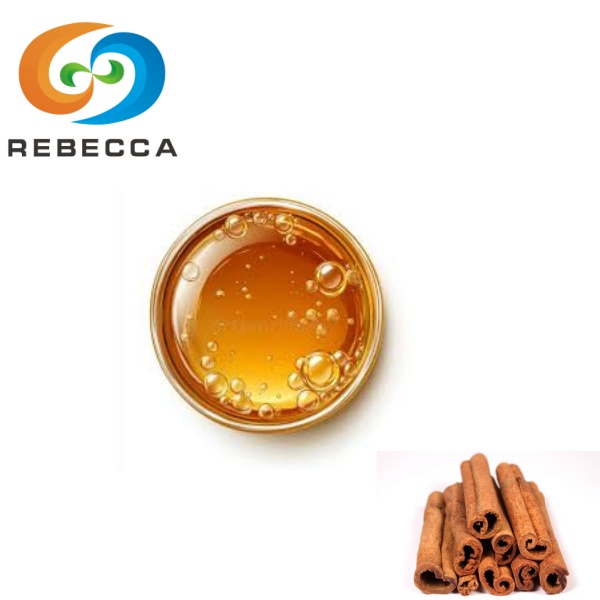What does beta nicotinamide mononucleotide do?
Beta nicotinamide mononucleotide (NMN) has emerged as a promising compound in the field of anti-aging research and cellular health. This naturally occurring molecule plays a crucial role in boosting levels of nicotinamide adenine dinucleotide (NAD+), a coenzyme essential for numerous biological processes. As we delve into the fascinating world of NMN, we'll explore its potential benefits, mechanisms of action, and optimal usage for different age groups.
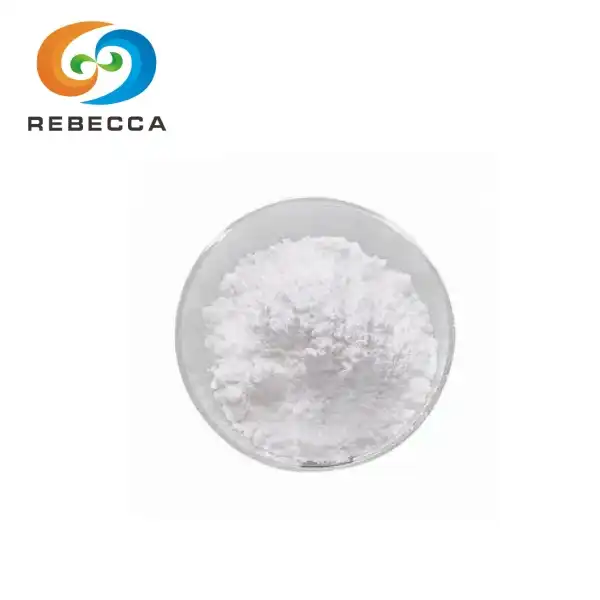
Product Name:Beta-Nicotinamide Mononucleotide (NMN)
Purity: 98%min
Cas No.1094-61-7
Similar Name:β-NMN; β-Nicotinamide ribose monophosphate
Molecular formular: C11H16N2O8P
Molecular weight: 334.22
Storage: store at 0℃~4 ℃
Solubility: soluble in water.
The science behind cellular NAD+ levels
NAD+ is a vital molecule found in every cell of our body, playing a key role in energy metabolism, DNA repair, and cellular signaling. As we age, our NAD+ levels naturally decline, which has been linked to various age-related health issues and decreased cellular function.
NMN as a precursor to NAD+
Beta nicotinamide mononucleotide serves as a direct precursor to NAD+. When ingested, NMN is rapidly absorbed and converted to NAD+ within cells. This conversion process helps replenish declining NAD+ levels, potentially mitigating some of the negative effects associated with aging.
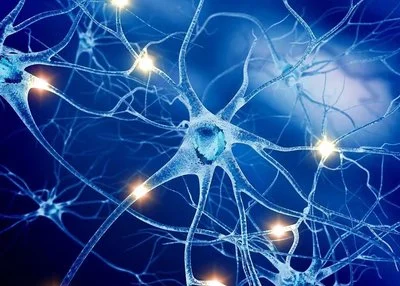
Cellular energy production
One of the primary functions of NAD+ is its role in cellular energy production. By increasing NAD+ levels, NMN supplementation may enhance mitochondrial function, leading to improved energy metabolism and overall cellular health. This boost in energy production can have widespread effects throughout the body, from improved muscle function to enhanced cognitive performance.
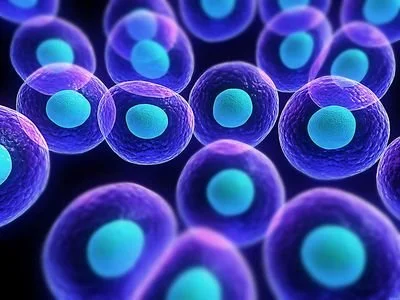
DNA repair and genomic stability
NAD+ is a crucial cofactor for enzymes involved in DNA repair processes. By increasing NAD+ availability, NMN supplementation may support more efficient DNA repair mechanisms, potentially reducing the accumulation of genetic damage associated with aging and various diseases.
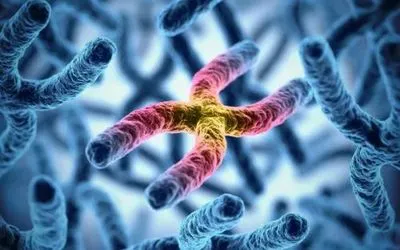
Anti-aging effects: Myth or reality?
The potential anti-aging effects of NMN have garnered significant attention in recent years. While research is ongoing, several studies have shown promising results in animal models and early human trials.
Cardiovascular health
NMN supplementation has demonstrated positive effects on cardiovascular health in preclinical studies. These benefits include improved vascular function, reduced arterial stiffness, and enhanced blood flow. Such improvements may contribute to better overall cardiovascular health and potentially reduce the risk of age-related heart diseases.
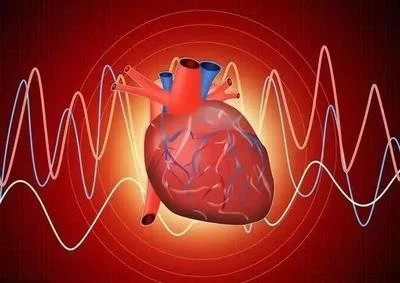
Cognitive function
Maintaining cognitive function is a key concern in aging populations. Some studies suggest that NMN supplementation may support brain health by improving energy metabolism in neurons, enhancing synaptic plasticity, and potentially reducing the risk of neurodegenerative diseases. While more research is needed, these early findings are encouraging for those seeking to maintain cognitive sharpness as they age, especially when using beta nicotinamide mononucleotide.

Metabolic health
NMN has shown promise in improving metabolic health, particularly in the context of age-related metabolic decline. Studies have indicated that NMN supplementation may enhance insulin sensitivity, improve glucose tolerance, and support healthy lipid metabolism. These effects could have significant implications for managing age-related metabolic disorders and maintaining overall health.

Optimal dosage for different age groups
Determining the optimal dosage of NMN is an area of ongoing research, as individual needs may vary based on factors such as age, health status, and lifestyle. However, some general guidelines have emerged from existing studies and clinical experiences.
Young adults (20-40 years)
For young adults with generally good health, lower doses of NMN may be sufficient to maintain optimal NAD+ levels. A daily dose ranging from 250-500 mg is often recommended as a starting point. This dosage may help support overall cellular health and potentially provide preventive benefits against age-related decline.
Middle-aged adults (40-60 years)
As NAD+ levels naturally begin to decline more rapidly in middle age, slightly higher doses of NMN may be beneficial. A daily intake of 500-750 mg is commonly suggested for this age group. This increased dosage aims to counteract the age-related decrease in NAD+ and support various cellular functions that may be showing signs of decline.
Older adults (60+ years)
For older adults experiencing more significant age-related changes, higher doses of NMN may be considered. Daily intakes of 750–1000 mg are often recommended, although some studies have explored even higher doses. It's important to note that higher doses should be approached cautiously and preferably under the guidance of a healthcare professional, especially when using beta nicotinamide mononucleotide supplements.
It's crucial to remember that these dosage recommendations are general guidelines and may not be suitable for everyone. Factors such as individual health conditions, medications, and overall lifestyle should be taken into account when determining the appropriate NMN dosage.
Safety considerations
While NMN has shown a good safety profile in studies conducted so far, long-term safety data in humans is still limited. As with any supplement, it's advisable to consult with a healthcare provider before starting NMN supplementation, especially for individuals with pre-existing health conditions or those taking medications.
Conclusion
Beta nicotinamide mononucleotide holds exciting potential in the realm of cellular health and anti-aging research. As a precursor to NAD+, it plays a crucial role in supporting various cellular processes and may offer benefits ranging from improved energy metabolism to enhanced cognitive function. While more research is needed to fully understand its long-term effects and optimal usage, the current evidence suggests that NMN supplementation could be a valuable tool in promoting healthy aging and overall wellbeing.
For those interested in exploring high-quality NMN supplements, Shaanxi Rebecca Bio-Tech offers premium beta nicotinamide mononucleotide powder with a minimum purity of 98%. Our advanced production processes, including high-temperature drying and ultra-fine grinding, ensure maximum bioavailability and effectiveness. To learn more about our NMN products or discuss your specific needs, please contact us at information@sxrebecca.com.
References
1. Yoshino, J., et al. (2018). NAD+ Intermediates: The Biology and Therapeutic Potential of NMN and NR. Cell Metabolism, 27(3), 513-528.
2. Mills, K. F., et al. (2016). Long-Term Administration of Nicotinamide Mononucleotide Mitigates Age-Associated Physiological Decline in Mice. Cell Metabolism, 24(6), 795-806.
3. Rajman, L., et al. (2018). Therapeutic Potential of NAD-Boosting Molecules: The In Vivo Evidence. Cell Metabolism, 27(3), 529-547.
4. Irie, J., et al. (2020). Effect of oral administration of nicotinamide mononucleotide on clinical parameters and nicotinamide metabolite levels in healthy Japanese men. Endocrine Journal, 67(2), 153-160.
5. Hong, W., et al. (2020). Nicotinamide Mononucleotide: A Promising Molecule for Therapy of Diverse Diseases by Targeting NAD+ Metabolism. Frontiers in Cell and Developmental Biology, 8, 246.
_1730691017423.webp)










